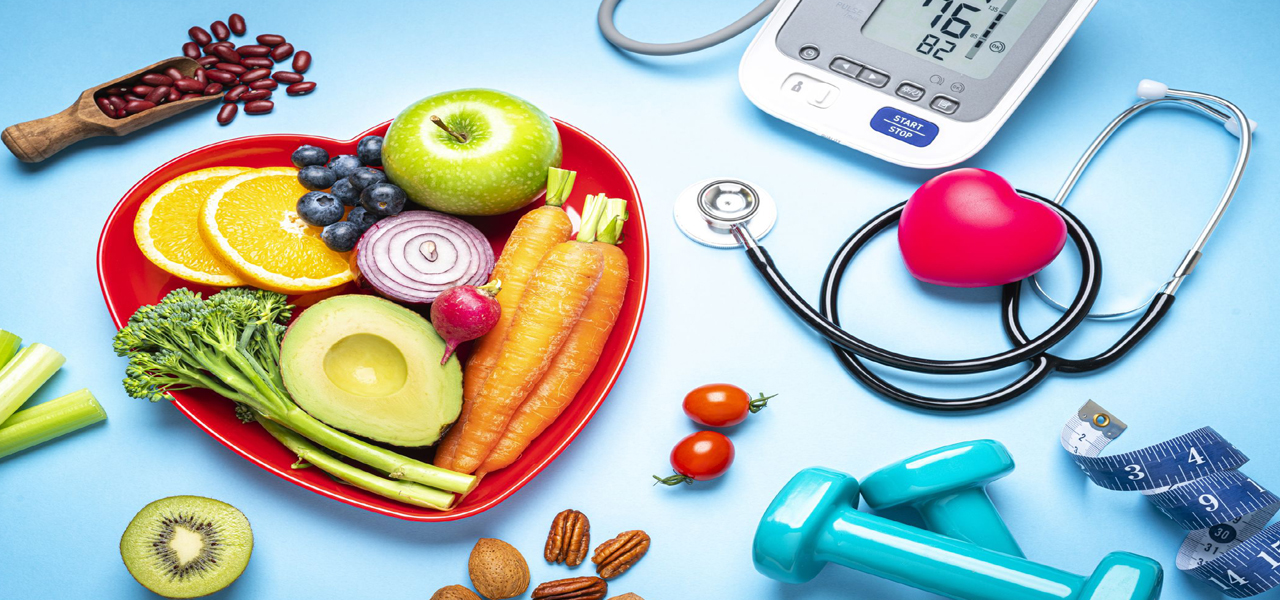|
CAUSES
|
Medical conditions that can cause unhealthy cholesterol levels include:
- Chronic kidney disease
- Diabetes
- HIV/AIDS
- Hypothyroidism
- Lupus
Cholesterol levels can also be worsened by some types of medications you may be taking for other health problems, such as:
- Acne
- Cancer
- High blood pressure
- HIV/AIDS
- Irregular heart rhythms
- Organ transplants
|
|
SYMPTOMS
|
People can have no symptoms, but people may experience
- Heart attack
- Peripheral artery disease
- Stroke.
|
|
RISK FACTORS
|
- Poor diet. Eating too much saturated fat or trans fats can result in unhealthy cholesterol levels. Saturated fats are found in fatty cuts of meat and full-fat dairy products. Trans fats are often found in packaged snacks or desserts.
- Obesity. Having a body mass index (BMI) of 30 or greater puts you at risk of high cholesterol.
- Lack of exercise. Exercise helps boost your body's HDL, the "good," cholesterol.
- Smoking. Cigarette smoking may lower your level of HDL, the "good," cholesterol.
- Alcohol. Drinking too much alcohol can increase your total cholesterol level.
- Age. Even young children can have unhealthy cholesterol, but it's much more common in people over 40. As you age, your liver becomes less able to remove LDL cholesterol.
|
|
COMPLICATIONS
|
- Chest pain. If the arteries that supply your heart with blood (coronary arteries) are affected, you might have chest pain (angina) and other symptoms of coronary artery disease.
- Heart attack. If plaques tear or rupture, a blood clot can form at the plaque-rupture site — blocking the flow of blood or breaking free and plugging an artery downstream. If blood flow to part of your heart stops, you'll have a heart attack.
- Stroke. Similar to a heart attack, a stroke occurs when a blood clot blocks blood flow to part of your brain.

|
|
PREVENTION
|
- Lose extra weight and maintain a healthy weight
- Quit smoking
- Exercise on most days of the week for at least 30 minutes
- Drink alcohol in moderation, if at all
- Manage stress
|


